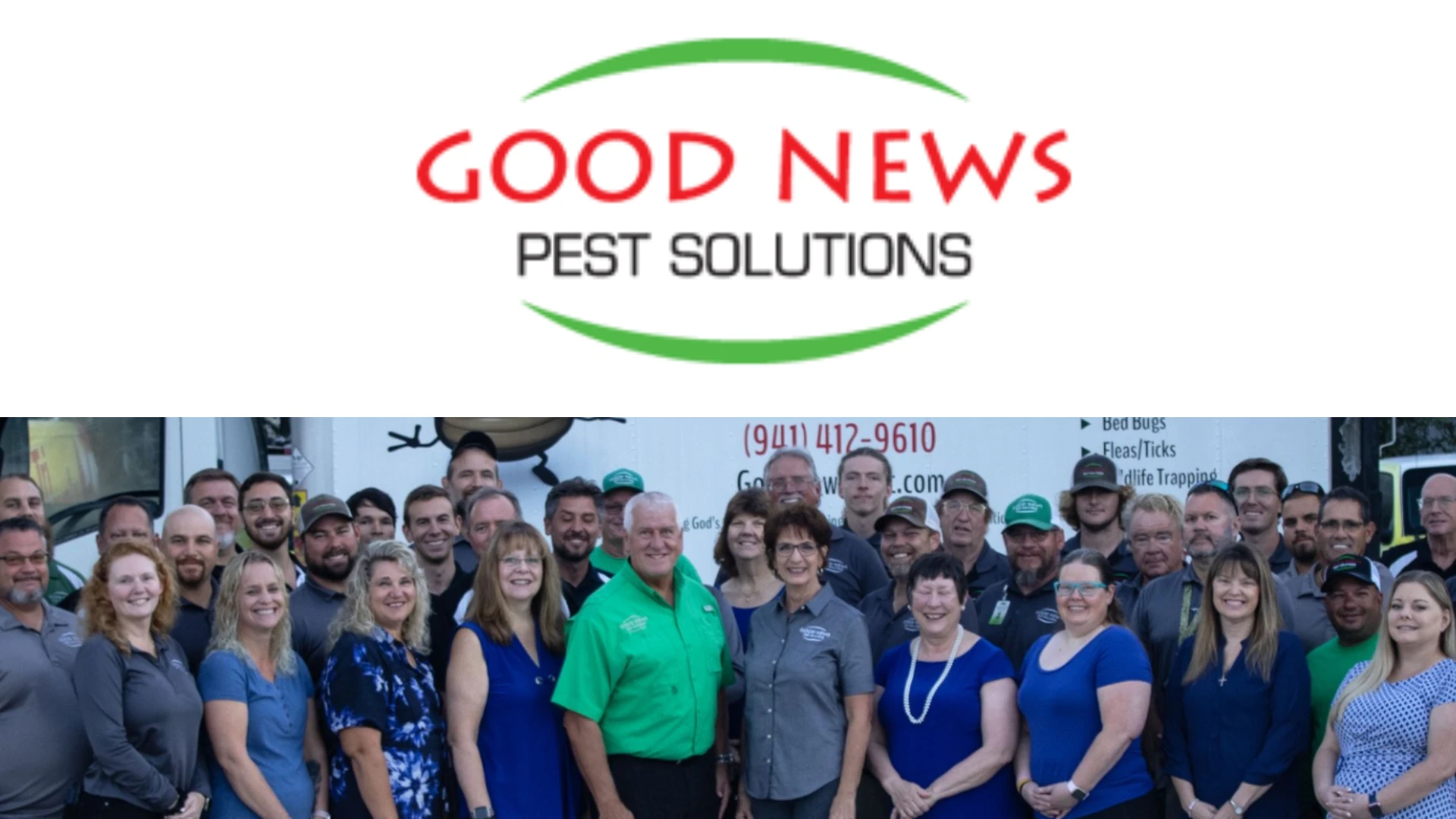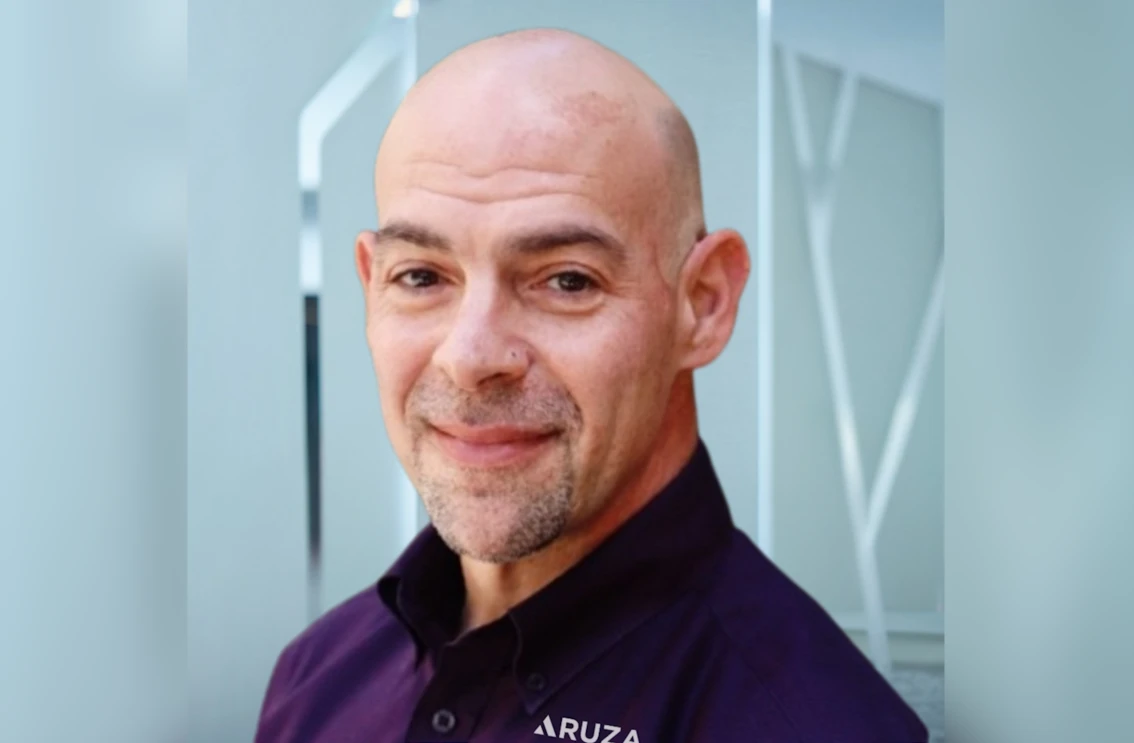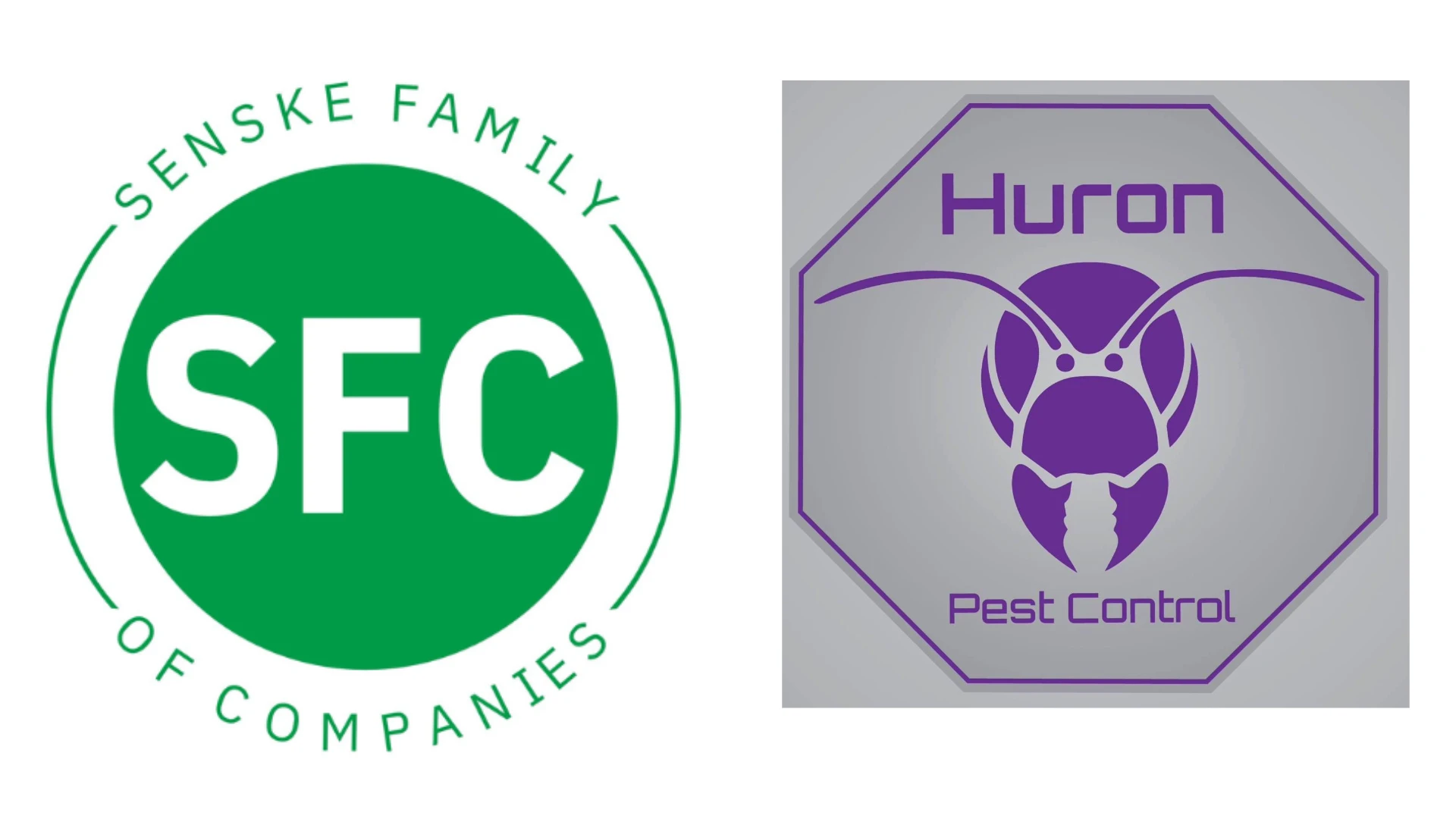
It’s no joke: Larry Treleven achieved a major career milestone on April 1, when he celebrated his 50th year at Sprague Pest Solutions in Tacoma, Wash.
Over the years, the now-vice president has served many roles at the company — founded in 1926 by W.B. Sprague and purchased by Treleven’s grandfather, A.H. Treleven, in 1931 — from elementary days tagging along on a job with his dad to later years serving as co-president with his younger brother, Alfie.
Treleven was wrapping up his senior year at the University of Washington in 1971 when he officially joined the company. “I had enough credits to graduate, but I wanted to take a few more business courses, so I was doing both my senior year in the last quarter,” he said.
However, his time at Sprague began long before his collegiate years. Treleven, one of 11 children, started working part-time for his father, A.H. Treleven Jr. (who joined the family business in 1947), while still in grade school, performing tasks for spending money such as sweeping the warehouse, painting walls, recoating the roof or washing trucks. He also accompanied his father on jobs at various locations, which he saw as grand adventures.
“I felt fortunate that I would be on jobs where we were doing work onboard vessels and docks, fumigation, all those types of things, that I had a chance to see what it was that our dad actually did,” Treleven said. “And I enjoyed it.”
CAREER DETOUR. But pest control wasn’t the first stop on Treleven’s career trajectory. Before joining the industry, Treleven, who had attended parochial schools all his life, had a brief stint in the seminary, with the intent of becoming a Catholic priest. During this time, he served as a teacher’s assistant in a local school district.
“When I saw the kids and how unruly some of them were during that time and that they were experimenting with drugs, I thought, ‘Gosh, this is way different. We would never act like this.’ Because, you know, we grew up with primarily nuns who were our teachers in grade school.”
The Catholic school mentality was so ingrained in his family that when Treleven was accepted into the University of Washington, his mother Bernadette was concerned that “they had streakers, co-ed dorms and drugs,” he recalled. “And I said, ‘Mom, I’m already sold.’”
As a student teacher, Treleven remembered the years he had spent working with his father at Sprague, venturing aboard ships and grain elevators, hospitals, food-processing plants and assisted-living facilities. “It just seemed way more attractive to me to follow that route,” he said. So, he took some preventive medicine courses, along with business and accounting, eventually earning degrees in English literature and business administration.
Five decades later, Treleven said the interaction with customers and industry members, and the satisfaction of solving problems for clients, has kept him energized. “You get immediate gratification when you’re able to come in and solve the problem for people,” he said. “We don’t wear capes, but sometimes, they view us as superheroes.”



TECHNOLOGY ADVANCEMENTS. One of the biggest changes he’s witnessed over the years is the advancement of technology since the days of rudimentary computer classes in the early 1970s. When he first started working at Sprague, Treleven said, everything was handwritten.
“Now, if you were to speak with my brother, he would say, ‘Well, Larry’s so old that his service tickets were really stone tablets, and he got all his energy from eating pterodactyl eggs,’” he joked.
Even in its earlier years, Sprague was ahead of the technology curve. When Treleven’s father returned from serving as a U.S. Coast Guard pilot in World War II, he employed the use of two-way radios at the company.
“It gave us such a huge commanding advantage over our competition, because we were able to communicate with the office and get to clients right away, a lot faster than our competition,” Treleven said. “And that’s what helped our company start to grow and become more well-known in the region.”
When Sprague received a license from the Federal Communications Commission, representatives from other pest control companies visited from around the country to see how the technology worked, Treleven said. In 1957, his mother became a Sprague radio dispatcher.
GROWTH AND EXPANSION. Alfie, nine years younger than Larry, joined the company in 1981 after graduating from the University of Washington. Larry Treleven said their business skills complemented one another.
“It was really kind of fun, because the things that I was good at were the people aspects, the sales, the working with our clients. I think that was my expertise,” he said. “My brother was more working with numbers and systems when computers started to come aboard… We made a great one-two punch as we grew the company from a really small business into one that now we operate in about 10 states here in the West.”
In 1971, Sprague operated out of one office. Now, it has 19. The team of four full-time employees at that time has grown to about 300, Treleven said. The company didn’t grow all at once, but slowly over time. “We concentrated on giving the very best service and emphasizing how important the people aspects are to this industry and treating the people well,” he said. “And that’s why a lot of those people stayed with us.”
Visitors who walk down the hallway at Sprague’s Tacoma headquarters will notice a Wall of Fame featuring about 35 employees who have been with the company for 20 years or more. “If those people are going to stick around and help us to continue to grow the company and deliver a wonderful service to our clients, we have to treat them well,” Treleven said. “And that’s part of our secret formula. It isn’t the spices of Kentucky Fried Chicken; it’s just using good common sense.”
Treleven’s father made the prescient decision to cover medical, dental and vision insurance for his employees in 1948. Some thought Sprague was operating at a competitive disadvantage by incurring these extra costs, Treleven said. “But did it really cost us more?” he asked. “I don’t think so, because the people stayed with us. Turnover is expensive. There’s a cost to that as well. If you keep the people and create a culture where there is respect on all sides, it’s pretty dynamic how the company was able to grow.”
Sprague also grew by making acquisitions along the way. “But we didn’t continue to grow until we were ready to have the great leadership at each of these branches, people that knew our culture, because what good would that do? We would grow and then we would be like the rest,” Treleven said. “We wanted to be the best.”

ALL IN THE FAMILY. Fast-forward to present day, and the fourth generation of Trelevens is working in the business. All three of Treleven’s children are involved in the company, as is one of Alfie’s sons.
Treleven’s son Ross is Sprague’s newest president as of Jan 1. He joined the company’s Spokane branch to learn the business in 2000.
Alfie’s oldest son A.J. is the company’s director of operations. Before joining Sprague in 2011, he sold insurance.
Last year, Treleven’s son Paul joined the company after working for AT&T and Microsoft. He now handles Sprague’s commercial sales.
Treleven’s daughter Angela, who works in finance, serves as one of Sprague’s board members.
“We feel very fortunate, very blessed, to have the desire of the fourth generation to enter the business and to continue the legacy forward,” Treleven said.
When the families were younger, Treleven and his wife Jane would take family trips with Alfie and his wife Carolyn, skiing, golfing or boating.
“At night, we would always talk about the business and what was involved with this,” Treleven said. “Nobody was forced into it. We let them make their own decisions. But we did try to create a culture within the family that was reflective of the culture that we built at Sprague.”
Looking back, Treleven considers his 1977 marriage to Jane, a British track star, one of his proudest accomplishments. “To marry well is half of a whole life, and even though she’s 4’11” and a half and weighs about a buck five, I married up,” Treleven said. “And I don’t mean just a step ladder; I’m thinking an extension ladder.”
He met Jane when she was in the U.S. on a Fulbright scholarship. “Fulbright recruited her because she could play the violin, she could run for Great Britain all over the world, and she was smart, and she was cute. How could I lose on that?” he said.
The couple are “still the best of friends,” he said, with a penchant for keeping active. They still run and ski together frequently, though Jane doesn’t share Treleven’s love for golfing.
“Some of our competitors say, ‘Hey, the Trelevens only open branches where there’s good skiing,’” Treleven said. “And that is totally false. You have to have good golf courses, as well.”
PRESENT-DAY INVOLVEMENT. Treleven said he now serves in a more advisory role at the company. “I still come to work every day after I go for a run,” he said. “But if I want to play a round of golf or go ski with some friends one day a week or something, I don’t feel badly taking the time to do that.”
He remains engaged in the National Pest Management Association (of which he was president in 1994-1995), serves on the Professional Pest Management Association board and stays involved in other state and national associations.
He also continues to have an active presence in government and regulatory affairs. He has attended Legislative Day in Washington, D.C. for the past 32 years to advocate for the pest control industry.
When he started working at Sprague, Treleven attended a meeting with his father in Seattle where George Weyerhaeuser of the Weyerhaeuser Company talked about the importance of being involved in government affairs. “Decisions they make in the legislature have huge ramifications on the future of the way we operate, the type of taxes that we end up paying, so to be involved and get involved and stay involved,” Treleven said. “That was his message to us back in ’71 or ’72. And I am still energized in the same way, because it is just as important today as it was then.”
As he looks toward the future, Treleven hopes to guide the company while allowing a new generation to take the lead.
“I will be in a support role for whatever they need me to do without getting in their way,” he said. “And I think that’s important. Some people hold on and won’t let go, and that’s not going to be a part of my legacy.”
WANT MORE?
Enter your email to receive our newsletters.

Explore the October 2021 Issue
Check out more from this issue and find your next story to read.
Latest from Pest Control Technology
- Webinar: Employee Incentives — Going Beyond the Annual Raise
- Pest Control Companies Helping Neighbors in Need Eradicate Bed Bugs
- Why Does Marketing Feel So Opaque?
- How Did This Pest Get Its Name?
- Rose Pest Solutions Honors Top Performers with Annual Chief’s Club Awards
- Doug Foster on Termite Control Equipment, Resources
- Pest Control Consultants Acquires EcoGuard Pest Control
- Pest Index Increased 9 Percent YOY in February





